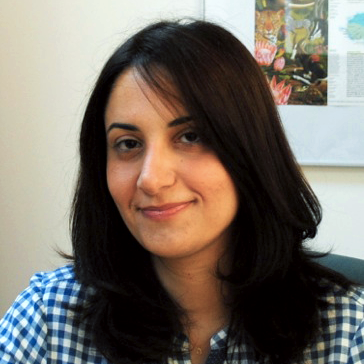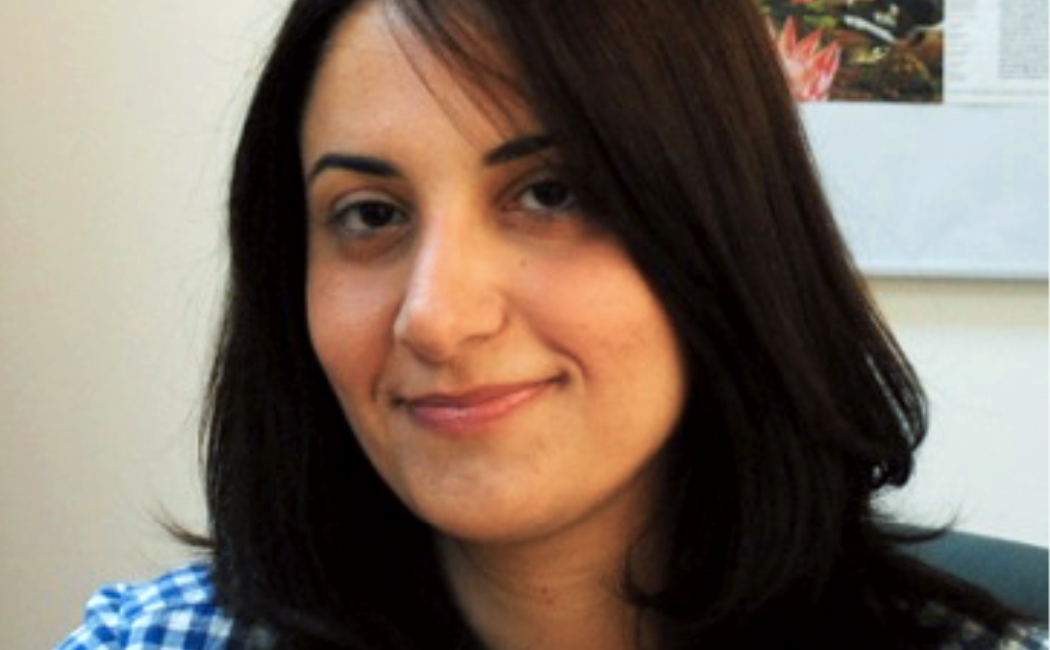EnSE Seminar Series
Sunday, March 10, 2019 | 4:00 pm – 5:00 pm
Auditorium between Bldg. 4&5, Level 0, Room 0215

Dr. Despo Fatta-Kassinos
Associate Professor, Department of Civil and Environmental Engineering, University of Cyprus Director of Nireas-International Water Research Center
Main implications and risks associated with wastewater reuse for irrigation in agriculture and dissolved effluent organic matter
Abstract
The potential role of treated wastewater reuse as an alternative source of water supply is now well acknowledged and embedded within international, European and national strategies. The limited knowledge on the potential risks associated with the dissolved effluent organic matter (dEfOM) of the treated urban wastewater and the until recently lack of a supportive and coherent policy framework for wastewater reuse are the two major barriers currently preventing a wider spreading of this practice in the EU. The presence of contaminants of emerging concern (CECs) in the remaining dEfOM after conventional treatment is now recognized as a priority issue in all policy areas at the EU level. Recently, the European Parliament adopted a legislative Resolution on the proposal for a Regulation on minimum requirements for water reuse. Knowledge with regard to risks that relate to low-dose exposure of CECs to non-target organisms and the additive/synergistic behavior of various CECs in mixtures is only now starting to shape, while quantitative risk assessment to quantify the human and ecological health significance of these contaminants is yet to be developed. In addition, the scientific community is focusing its efforts, in the last years, towards the elucidation and understanding of the mechanisms and potential effects associated with the accumulation of CECs in soil and their uptake by crops irrigated with treated wastewater. In the context of safe wastewater reuse, emerging treatment technologies and new strategies consistent with the precautionary principle and the ″One Health″ approach should be adopted. This talk aims at addressing the issues discussed in this abstract and identifying the main knowledge gaps related to the effects that the agricultural wastewater reuse practice might induce with regard to dEfOM and CECs.
Bio
Dr. Fatta-Kassinos is a chemical engineer (NTUA, Greece) and currently an associate professor in the Department of Civil and Environmental Engineering and the Director of Nireas-IWRC, UCY. Her research centers on the understanding of the fate and behavior of contaminants of emerging concern during advanced wastewater treatment and when in the environment. The activities of her research group include the identification of xenobiotic compounds in environmental samples, the assessment of their environmental impact, the development of new technological processes for their degradation and removal from aqueous media, and the implications of wastewater reuse applications for the environment. She is the chair of the Scientific and Technological Advisory Board of the European Joint Programming Initiative 'Water Challenges for a Changing World' and editor of the Journal of Environmental Chemical Engineering, Elsevier. She has authored more than 140 peer-reviewed journal articles (h-index:49) and participated in 70 research projects. Amongst others, she is the coordinator of the ANSWER project (H2020-MSCA-ITN-2015/675530) and the chair of the completed COST Action NEREUS ES1403, both focusing on wastewater reuse and contaminants of emerging concern. In 2012, she received the distinguished national research award 'Nikos Symeonides' by the Cyprus Research Promotion Foundation for her work on wastewater treatment and xenobiotics, and in 2018 she was recognized as a "Highly Cited Researcher" by Web of Science, Clarivate Analytics. She serves on many scientific evaluation panels (e.g. National Research Funding Agencies from Europe, Middle East, Asia, Canada, USA, the European Science Foundation, and the European Commission).



